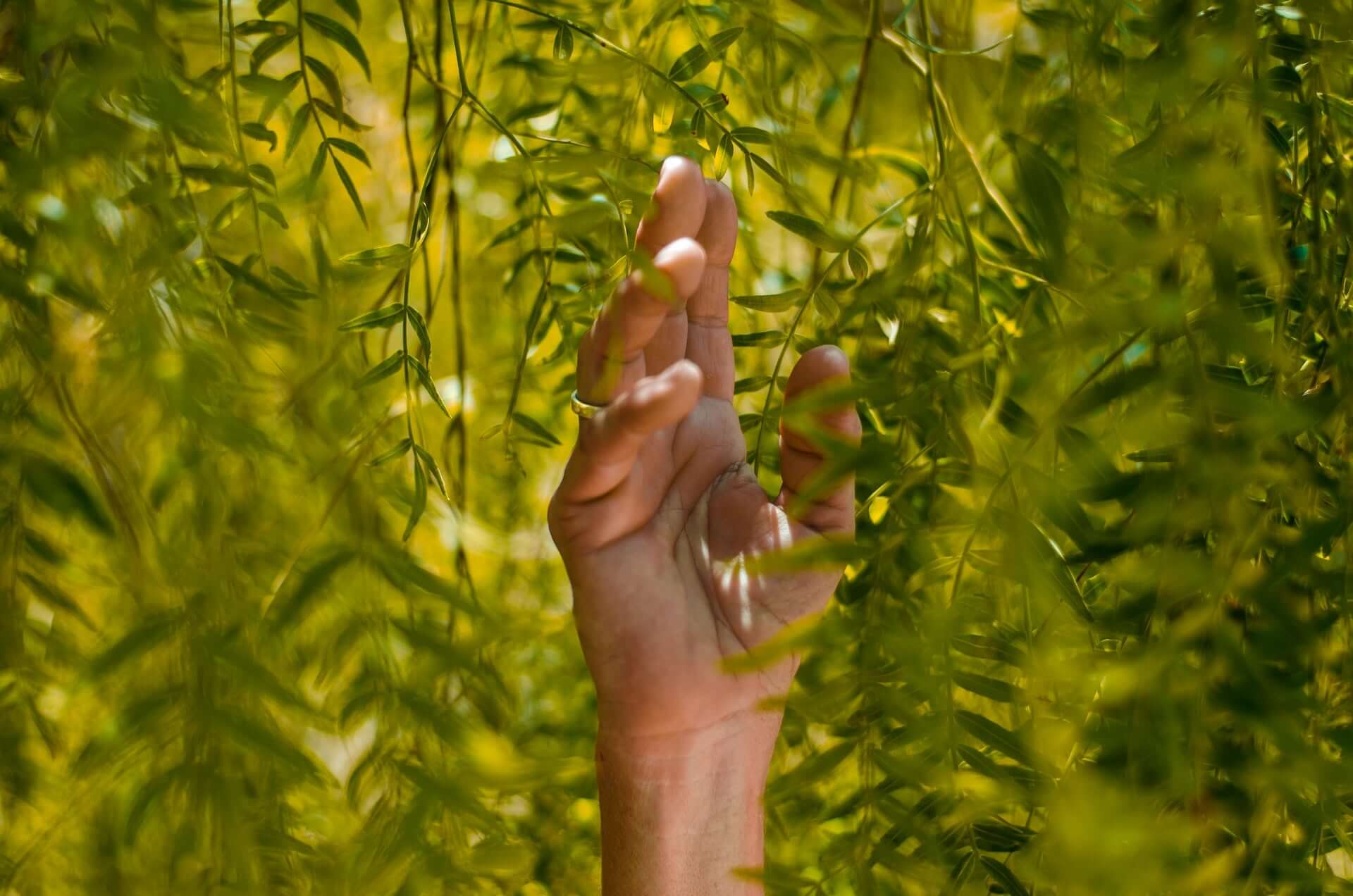
Table of contents
#sustainability – Ist Nachhaltigkeit nur ein Trend der sozialen Medien?
Ein nachhaltiges (oder nachhaltigERes) Leben zu führen wird für viele Menschen immer wichtiger. Zumindest hat das den Anschein. Bilder und Postings mit den Hashtags #sustainability #nachhaltigleben und #zerowaste sind millionenfach in den sozialen Medien zu finden. Artikel zu den Themen häufen sich und die Nachfrage nach umweltfreundlichen Produkten steigt. Aber ist Nachhaltigkeit eigentlich nur ein Trend? Oder steckt für die Nutzer dieser Hashtags wirklich mehr dahinter?
Wie trendig ist Nachhaltigkeit?
Das Thema Nachhaltigkeit ist überall: Auf Instagram, Pinterest, Facebook und Youtube, im TV und im Internet. Tausende Artikel und Blogeinträge werden zu dem Thema verfasst, tagtäglich scheint es neue Inhalte zu geben. Jeder lebt plötzlich nachhaltig, zero waste scheint das “einzig wahre” zu sein und wer im Jahre 2020 noch kein einziges Mal ein Fleischersatzprodukt getestet hat ist so gar nicht auf dem neuesten Stand – Diesen Eindruck gewinnt man zumindest, wenn man sich mal durch das Internet scrollt.
Wie kommt es denn eigentlich dazu, dass Nachhaltigkeit plötzlich so trendig ist? Oder vielleicht sollte man sich besser fragen: Stimmt es, dass Nachhaltigkeit ein Trend-Thema ist?
Schaut man sich die Google Trend-Ergebnisse für Suchbegriffe wie “Nachhaltigkeit”, “nachhaltig leben” und “sustainability” für die Regionen Deutschland, USA und Weltweit im Zeitraum zwischen 2004 und heute an, wird schnell klar: Nachhaltigkeit ist gar kein so neuer Trend. Denn die Diagramme verraten, dass das Suchinteresse bezüglich der oben genannten Wörter in den vergangenen Jahren beinahe gleich hoch war wie heute. Dabei gibt es über den gesamten Zeitraum (2004-heute) hinweg immer wieder deutliche Schwankungen. Tatsächlich ist seit Mitte 2018 dann, auf regionaler sowie auf internationaler Ebene, ein Anstieg in der Beliebtheit dieser Suchbegriffe auszumachen.
Zusammengefasst zeigt sich also: Ja, das Interesse am Thema Nachhaltigkeit hat zugenommen, aber nicht so plötzlich und sprunghaft, wie man eventuell vermutet hätte.
Nimmt man weitere Suchbegriffe hinzu, die Umwelt und Klima betreffen, zeigt sich ein deutlicherer Anstieg des Suchinteresses seit ca. 2 Jahren. Ohne voreilige Schlüsse ziehen zu wollen, könnte man annehmen, dass durch das in den letzten Jahren aufflammende “Interesse” am Klima auch vermehrt über Nachhaltigkeit recherchiert wird.
Nun gut, dieser scheinbare Zusammenhang überrascht kaum. Waldbrände, Tsunamis, immer heißere Sommer, Fridays For Future, Debatten über Einweg-Plastik, Treibhausgase, Klimaabkommen, Papiertüten, Die Verbannung von Plastikstrohhalmen, Netflix-Dokus, Beyond Meat Burger, Veganuary, Greta Thunberg und Verschwörungstheorien – Das sind nur einige Beispiele für Ereignisse, Nachrichten, Trends oder Memes, die in den letzten Jahren um die Welt gegangen sind. All diese Beispiele stehen in Verbindung mit den Themen Umwelt, Klima und Nachhaltigkeit.
Wenn Nachhaltigkeit nur ein Trend ist, kann es doch eigentlich nicht so wichtig sein, oder?
Jeder von uns kennt den Ausspruch: “Trends kommen und gehen”. In einer sich gefühlt immer schneller drehenden Welt ist an einem Tag etwas “in”, was eine Woche später schon wieder “out” ist. Auf TikTok gibt’s jeden Tag eine neue Challenge, einen neuen Tanz oder ein neues Meme. Inhalte rasen nur so durchs Netz… Wieso also sollte man sich intensiv mit Dingen auseinandersetzen, von denen in kurzer Zeit keiner mehr sprechen wird? Mit Themen, an die sich in einem Jahr keiner mehr erinnert?
Auf gewisse Begriffe und Themen mag das zutreffen. Das Problem ist, dass sich diese Einstellung nicht auf die Thematiken Klima und Nachhaltigkeit übertragen lässt. Denn einigen Dingen müssen wir uns nun stellen. Konsequenzen des Lebensstils und der Wegwerfgesellschaft der letzten Jahrzehnte werden nun ersichtlich. Teile unserer Zukunft und der unserer Nachfahren hängt davon ab, wie wir uns heute verhalten und was wir heute verändern. Daher ist Nachhaltigkeit – auch wenn sie uns momentan als Trend erscheint – alles andere als unwichtig.
Was ist das Gute an Trends in sozialen Medien?
Das Schöne an Trends, die durch die sozialen Medien gehen, ist, dass innerhalb kurzer Zeit viele Menschen erreicht werden. Durch Plattformen wie Instagram, Youtube und TikTok werden auch Personen angesprochen, die sich sonst vielleicht nie mit dem jeweiligen Thema auseinandersetzen würden. So hat man das Gefühl, dass gerade die junge Generation, “Gen Z”, sehr aufgeklärt ist und sich auch politisch mehr engagiert als die Generationen zuvor. Natürlich variiert hier, wie auch in der Gesamtbevölkerung, wie intensiv und grundlegend sich mit den Themen auseinandergesetzt wird. Klar ist ebenfalls, dass auch Falschmeldungen verbreitet werden.
Dennoch ist das wachsende Bewusstsein über die Themen Nachhaltigkeit, Umwelt(schutz) und Klimawandel nicht zu leugnen. Und zwar nicht nur bei der jüngsten Generation, sondern einmal quer durchs Beet. Es gibt selbstverständlich auch hier – wie bei allen Themen – Verfechter der Gegenseite und Menschen, die die Wichtigkeit und Aktualität dieser Themen herunterspielen. Trotzdem machen alle Altersgruppen den Anschein, als seien sie wacher und aufmerksamer, was die Notwendigkeit von Umweltschutz oder einem nachhaltige(re)n Lebensstil betrifft.
Nun sein einmal dahin gestellt, wie erst Einzelpersonen diese Themen wirklich nehmen. Mit Sicherheit gibt es Menschen, die im Internet einen #zerowastelifestyle proklamieren, die Inhalte und Grundsätze im “realen Leben” aber eigentlich gar nicht umsetzen. Die Werbung für Bambuszahnbürsten, wiederverwendbare MakeUp-Pads und nachhaltige Mode machen, in ihrem Alltag aber keines dieser Produkte wirklich verwenden. Manche Menschen wollen eben mitziehen und von diesen “Trends” profitieren...
Jeder Klick zählt
Ich finde es verständlich, das doof zu finden und sich über solche Menschen (oder verbreitete Falschinformationen) aufzuregen. Trotzdem ist es im Endeffekt so, dass diese Menschen zur Popularität der genannten Themen beitragen. Und das doch ist eine gute Sache, oder nicht?
Denn: Je häufiger Beiträge gepostet, geteilt, geliked und kommentiert werden, desto mehr Menschen werden dadurch angesprochen. Desto mehr Menschen werden auf die Themen Nachhaltigkeit und Umweltschutz aufmerksam gemacht, desto öfter bleibt etwas von den Inhalten hängen, und desto mehr Leute werden potentielle Verfechter eines nachhaltigen Lebensstils.
Manche würden Nachhaltigkeit also als einen Trend bezeichnen, andere als Thema einer Generation und wieder andere als einen Wandel des allgemeinen Lebensstils. Doch egal, was genau es auch ist: Die Aufmerksamkeit, die dieses Thema erlebt, ist als positiv einzuschätzen. Und das ist doch die Hauptsache, oder? :)
Wenn du noch mehr über die Themen Nachhaltigkeit, Achtsamkeit, Familie & Schwangerschaft oder gesunde Ernährung erfahren möchtest, schaue doch mal hier vorbei.

Photo by Taylor Simpson on Unsplash












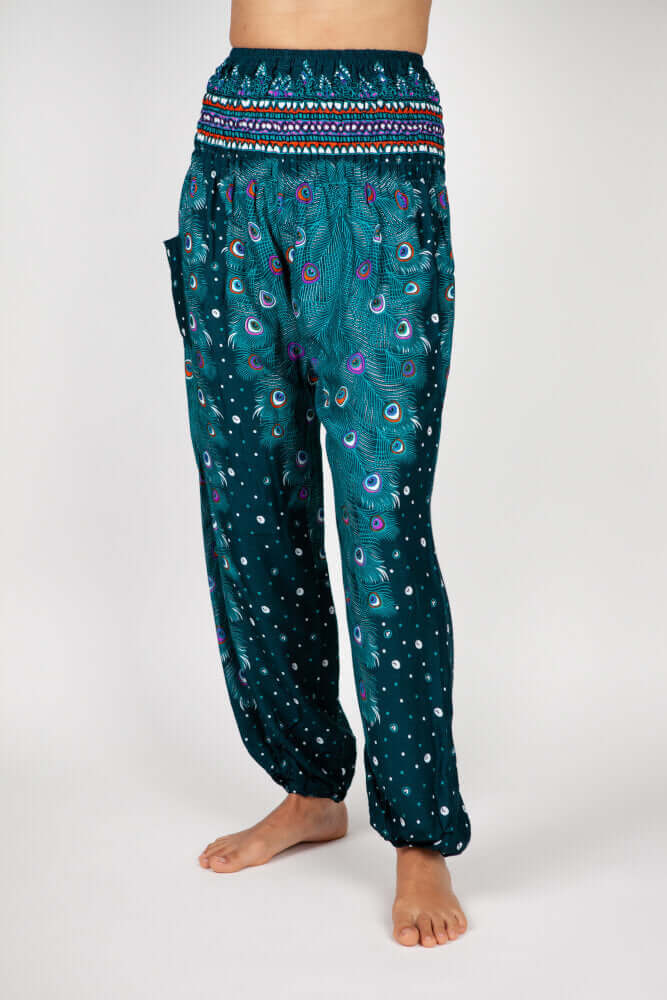

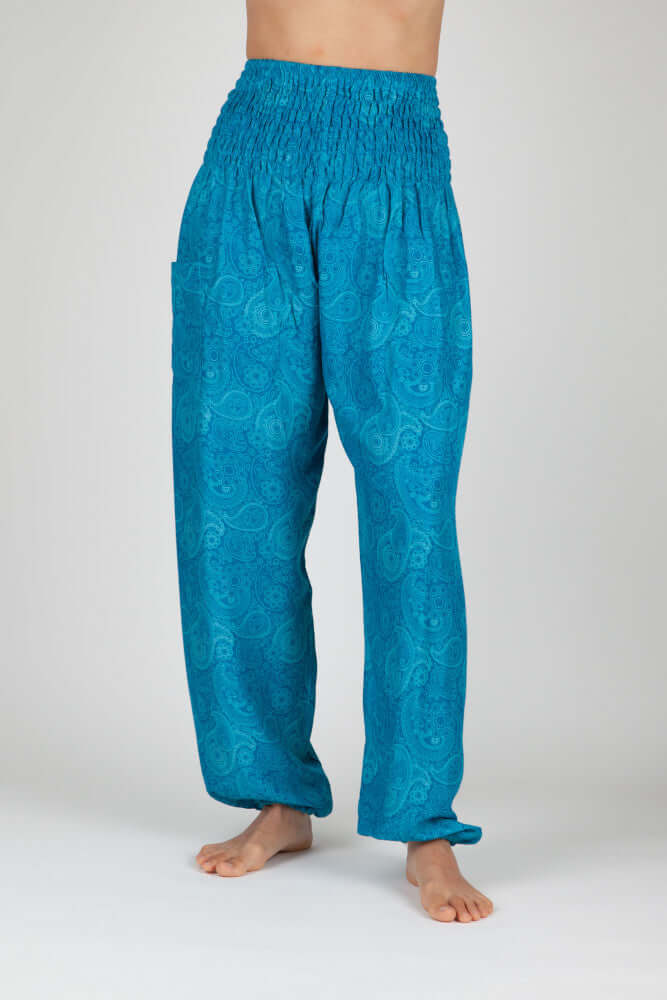

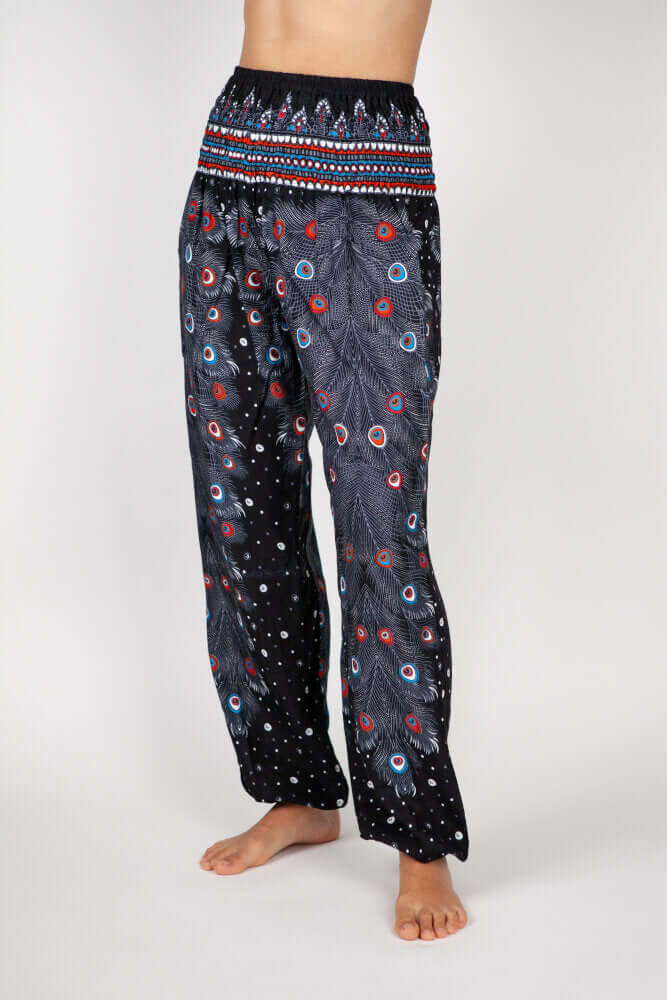

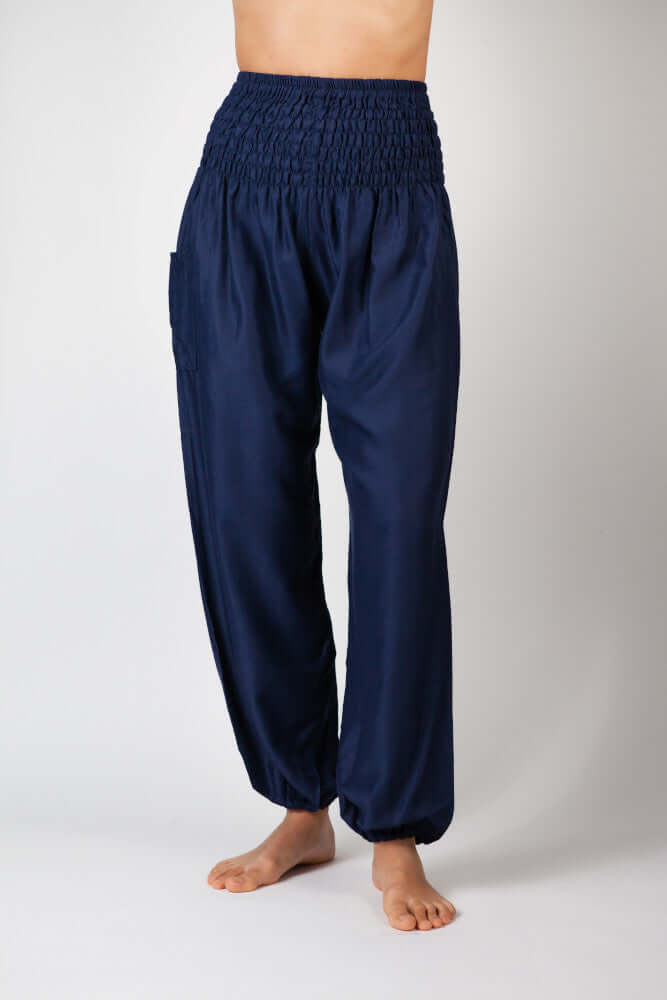

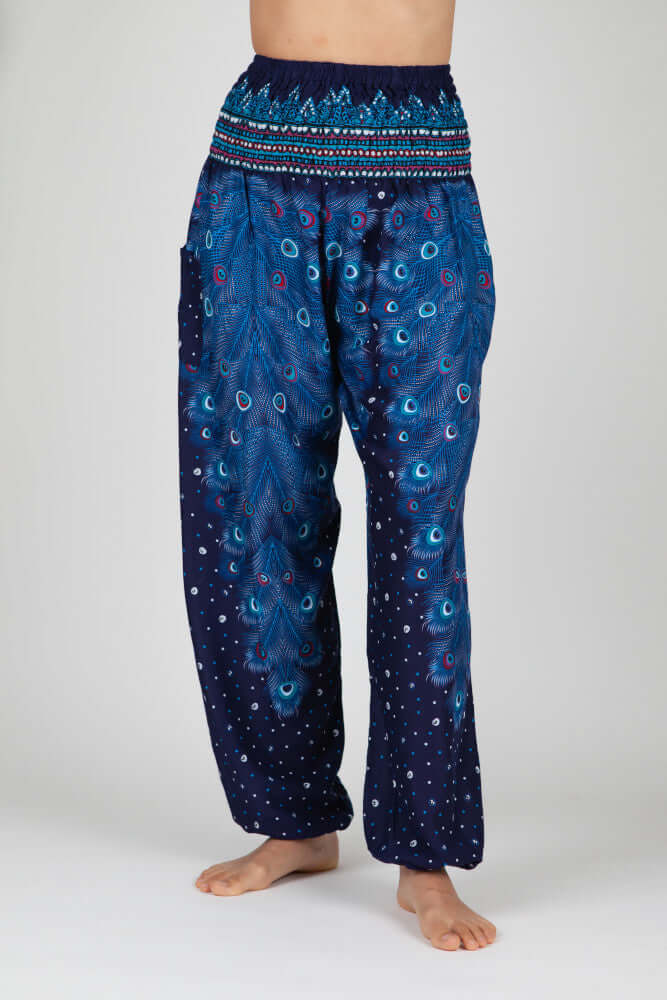

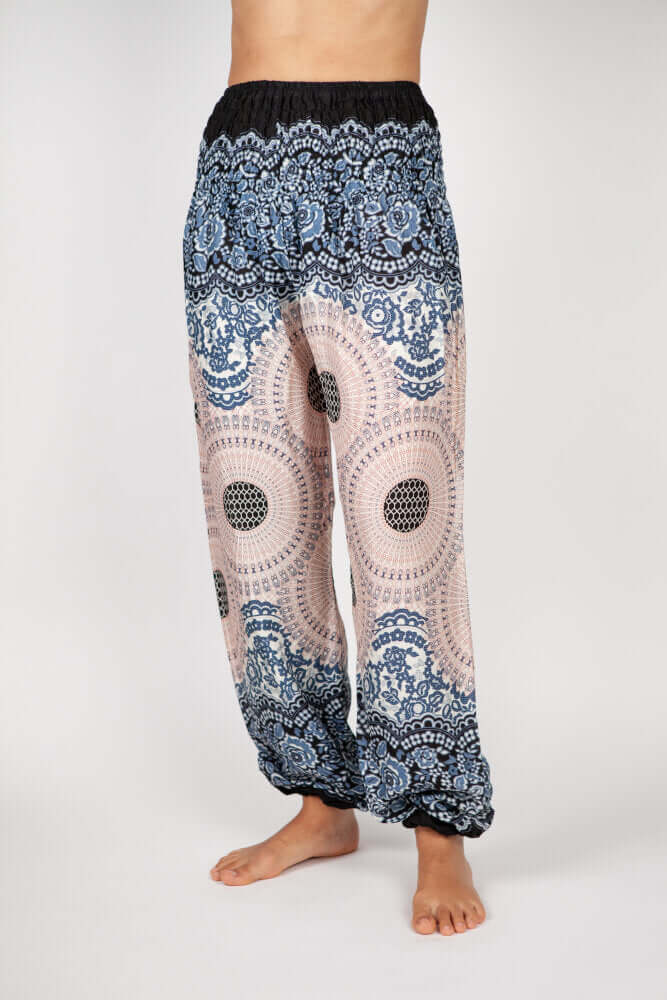



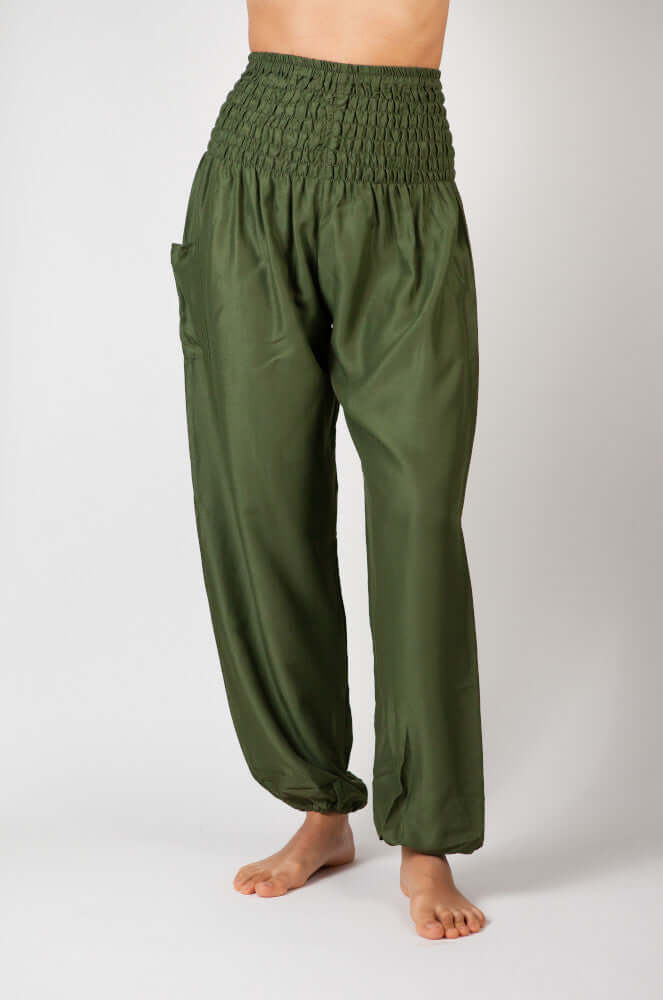

Leave a comment
This site is protected by hCaptcha and the hCaptcha Privacy Policy and Terms of Service apply.